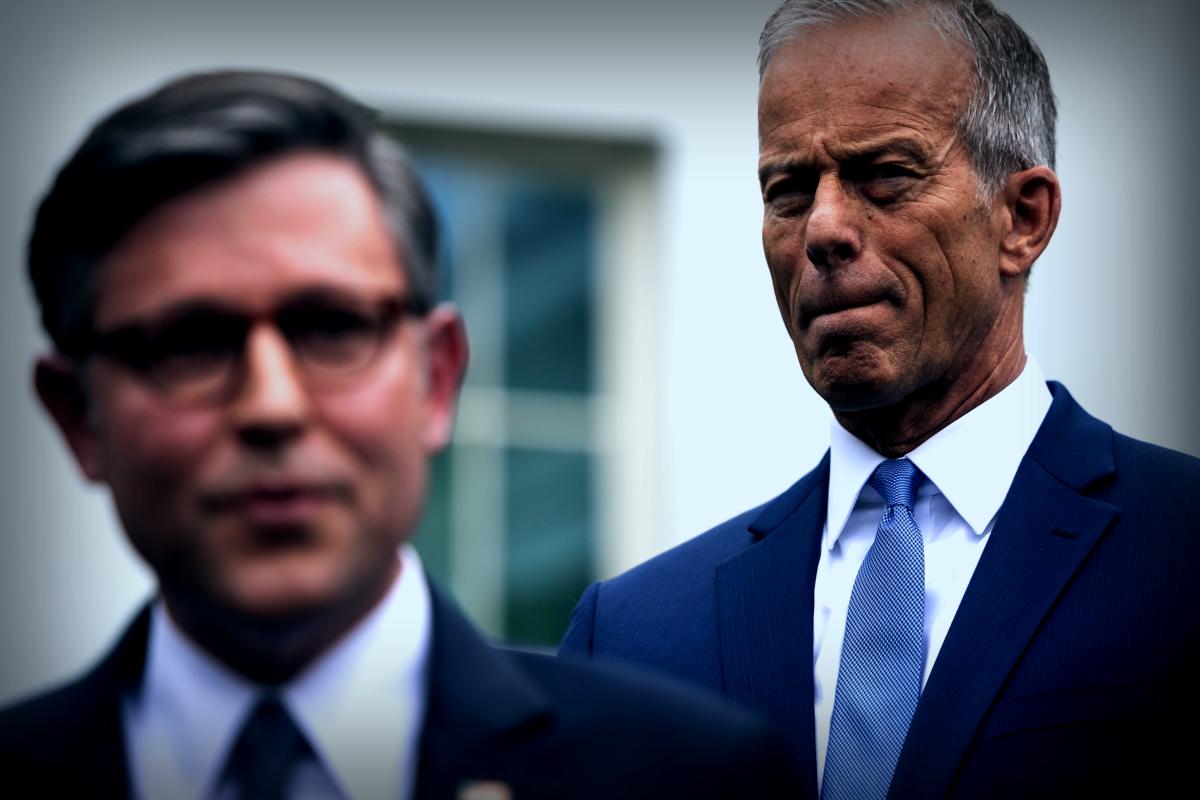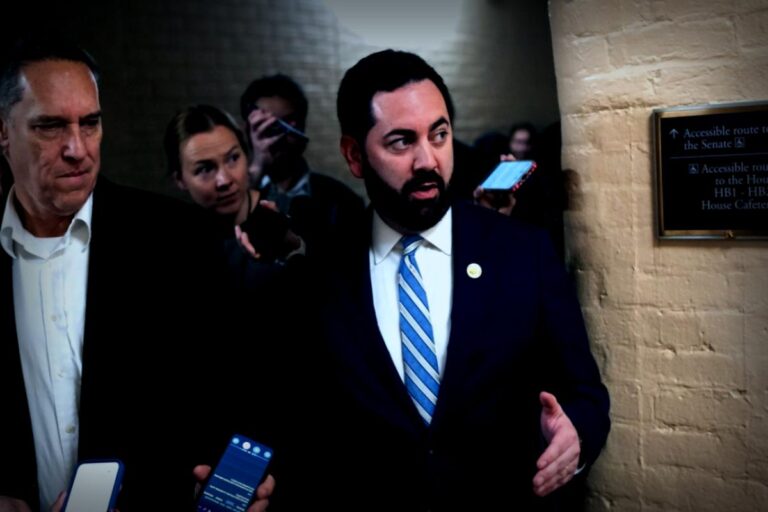The U.S. government is on the brink of a shutdown.
Senators turned down competing spending bills on Tuesday, including a House-proposed continuing resolution, which was meant to help avoid a shutdown set for 12:01 a.m. Wednesday.
It seems there’s no chance left for a last-minute breakthrough to avert the shutdown. Even if something came up, lawmakers would struggle to act on it. A quick response from the Senate would need all 100 senators’ agreement, and passing an alternative to the House-approved resolution would also mean acting from the House.
Speaker Mike Johnson has sent his members on break until Monday, presumably to press the Senate into accepting the House’s seven-week delay plan. Right after the failing vote, the White House budget office instructed agencies to “get ready for an orderly shutdown” at midnight.
Amidst this deadlock, lawmakers and the White House have been trading accusations about who’s at fault for this impending government closure— the first since 2019.
Senate Majority Leader John Thune pointed out before the vote that Democrats would have the same leverage on November 21 when the House-sanctioned measure runs out. He emphasized: “This short-term CR has been our go-to; it funds the government until November 21.”
In contrast, Minority Leader Chuck Schumer hit back, saying Thune never approached him about making agreements or seeking input on the bill, clarifying, “They call it bipartisan, but that’s not how negotiation or passing funding bills works.”
Despite the inability of the leaders to reach an exit strategy to prevent a shutdown, there is still no agreement on how to move forward.
Senate Republicans feel they have the upper hand by pushing for a basic short-term extension, similar to previous requests Democrats have accepted. They gained momentum Tuesday with the failed House-passed bill that resulted in a 55-45 Senate vote, where three Democrats sided with Republicans.
This voting result was an improvement for Republicans compared to their last try 11 days ago where Senator John Fetterman was their only Democratic ally. This time around, Nevada’s Senator Catherine Cortez-Masto and Maine’s independent Senator Angus King also voted with them, while Senator Rand Paul from Kentucky was the sole Republican opposed.
Cortez-Masto stated, “We ought to focus on bipartisan solutions to the healthcare crisis, but not at the expense of one group of Americans over another,” amid the voting.
Former President Trump hinted that he plans to leverage the shutdown to put pressure on Democrats, highlighting that blue states will likely feel the most impact owing to the administration’s discretion in determining essential federal programs.
In the Oval Office, Trump asserted, “We can do things during the shutdown that can’t be reversed and could be detrimental to them— like cutting substantial numbers of people and trimming programs they value.”
Additionally, White House Budget Chief Russ Vought has threatened mass layoffs of federal staff during the shutdown, on top of the typical temporary furloughs.
According to a letter posed to Senator Joni Ernst (R-Iowa), the Congressional Budget Office has estimated that around 750,000 federal employees could face furloughs every day of shutdown, carrying a personal cost of about $400 million daily. The nonpartisan agency also indicated that a prior government shutdown lasting 35 days back in 2019 meant a loss of almost $3 billion that was never recouped.
In a contrasting move, House Democrats returned to Washington on Monday to spotlight the lack of action from House Republicans. The Democratic leaders plan to roll out a concentrated messaging strategy throughout the week, emphasizing their call for bipartisanship on healthcare negotiations.
Before defeating the House’s stopgap plan late Tuesday, the Senate also declined a Democratic counterproposal that aimed to fund the government up to October 31 while halting $1 trillion cuts to Medicaid proposed in a sweeping GOP tax bill, plus extend Affordable Care Act subsidies that are about to terminate.
The Democrats’ proposal also sought to limit the president’s power to withhold Congress-sanctioned funds, a major point of division for several Democrats, wary of agreeing to a spending deal that Trump could potentially disregard.
While some Senate Republicans seem open to negotiating over ACA credits and a few have even shown support for a one-year extension, they believe that any collaboration ought to wait until the government get backs to business.
This marks the second instance within weeks that both proposed short-term funding bills have been voted down by the Senate. On Tuesday, Senate Democrats gathered for a closed luncheon to discuss their next steps following yet another round of failed negotiations.
Thune anticipated another vote to occur Wednesday on the GOP bill to keep pressing Democrats to come to an agreement.
He remarked, “Eventually, they will need to decide to keep rejecting it. There are mechanisms to provoke those votes, and we will continue seeking opportunities for that.”
Contributions to this report were made by Cassandra Dumay and Calen Razor.



















